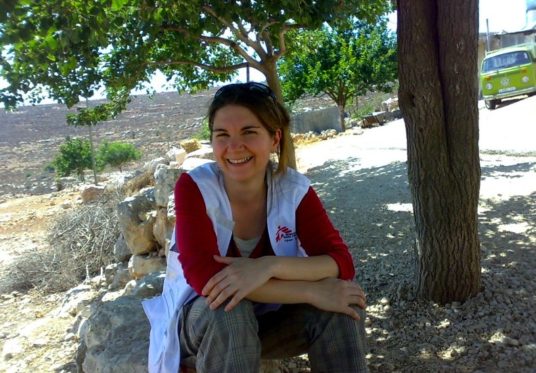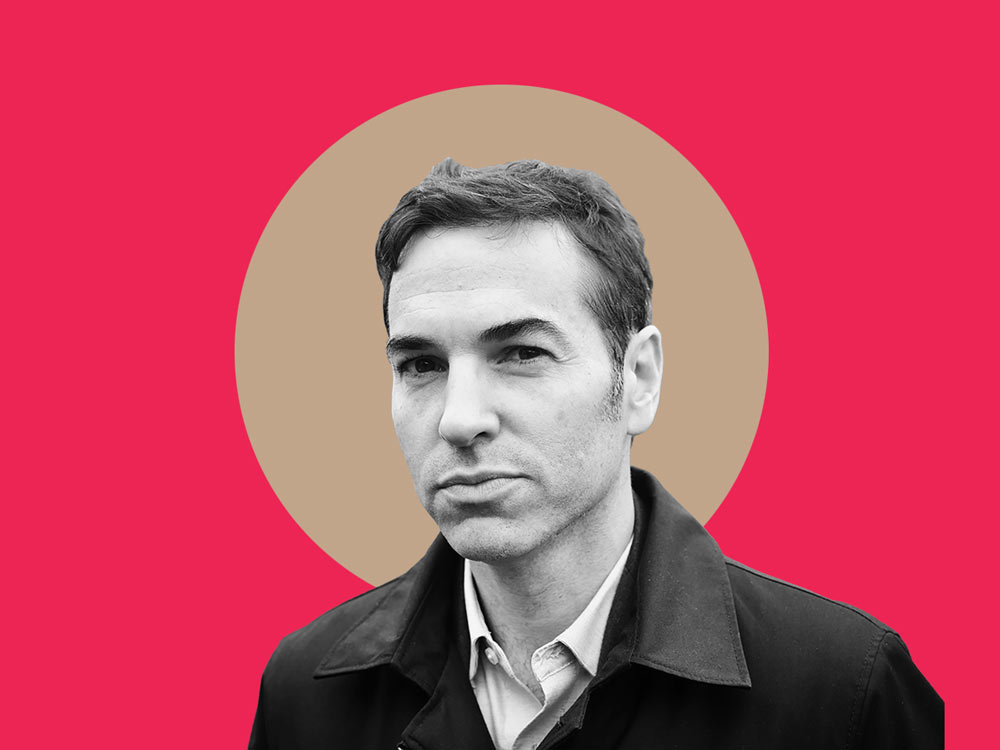There are some half a million aid workers deployed across the globe but it takes grit to stick with it over the long haul. While the rewards can be manifold, so can the hazards inherent in the work.
In 2015 alone, the Aid Worker Security Report revealed that 109 aid workers were killed, 110 were wounded and 68 were kidnapped. Aisha Bain has experienced the perils first hand. “I have been punched in the face by government soldiers. I’ve been in situations where I thought I was going to die,” she tells us.
Bain (pictured center, above) has worked in emergencies and post-conflict situations in 17 nations on five continents. The work was fulfilling but it also took a toll on her. She says that burnout is pervasive – and even embraced – in her industry. “There is some level of working in an extreme way that burnout becomes a badge of honor,” she explains. “Because that’s how much you’re committed and that’s how hard you work.”

Alessandra Pigni, a clinical psychologist who has worked in humanitarian aid for a decade, says Bain’s experience is not unique. She interviewed and counseled aid workers over the years and began to realize that these men and women were in need of help themselves. “Many of us were overstressed, burned out,” she tells us. “Very few of us had any support.” She has now written a book for them called The Idealist’s Survival Kit: Seventy Five Simple Ways to Avoid Burnout.
Pigni and Bain discuss why many professional aid workers tend to burn out. It’s not only due to trauma and violence in the field, but the difficulties of bureaucracy and bad management at their offices, too. This pair of ‘idealists’ also give suggestions for how engaged citizens and everyday activists can sustain themselves over the long-haul. “In my book, I put the ABC of burnout prevention,” Pigni says. “It’s about awareness, boundaries and connections.”
Additional Resources:
Alessandra Pigni’s book
Sign up for our free newsletters
Subscribe to NPQ's newsletters to have our top stories delivered directly to your inbox.
By signing up, you agree to our privacy policy and terms of use, and to receive messages from NPQ and our partners.
Alessandra Pigni’s website
Pigni’s IRIN article: Psychologists stay home: Nepal doesn’t need you
Bain’s film: Darfur Diaries: Message From Home
The Aid Worker Security Database
Pigni on Twitter
Bain on Twitter
Featured Image: Aisha Bain (Tanzania, 2016)













